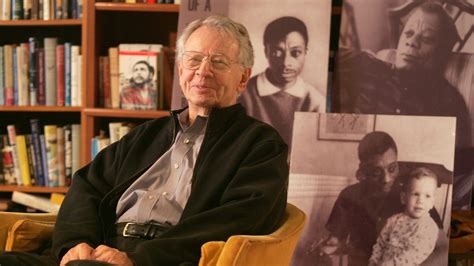Top 14 Quotes & Sayings by Sol Stein
Explore popular quotes and sayings by an author Sol Stein.
Last updated on December 22, 2024.
I see manuscripts and books that are spoiled for the literary reader because they are one long stream of top-of-the-head writing, a writer telling a story without concern for precision or freshness in the use of language. Some of this storytelling reads as if it were spoken rather than written, stuffed with tired images that pop into the writer's head because they are so familiar. The top of the head is fit for growing hair, but not for generating fine prose.



















